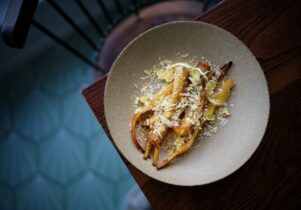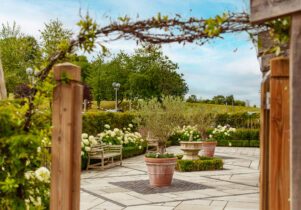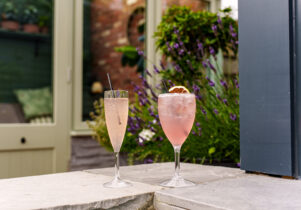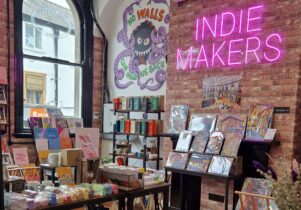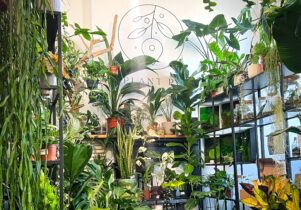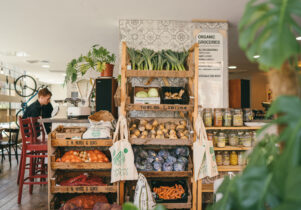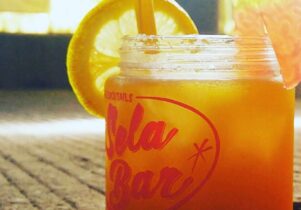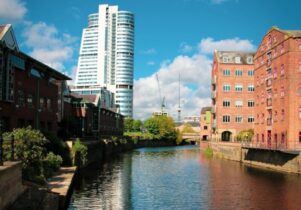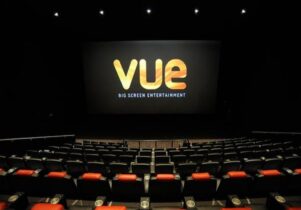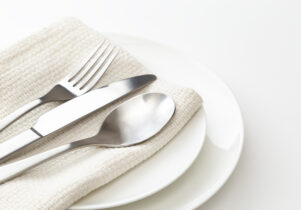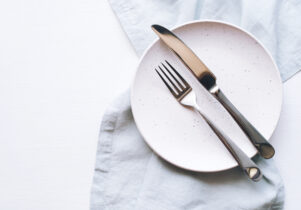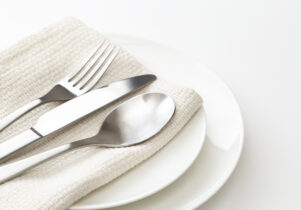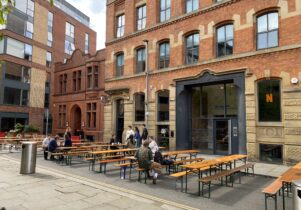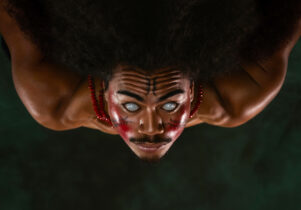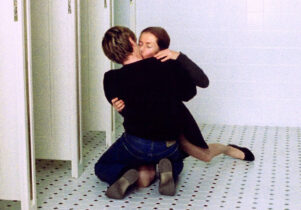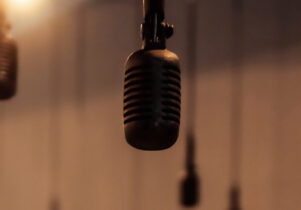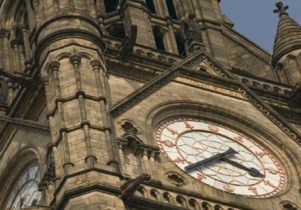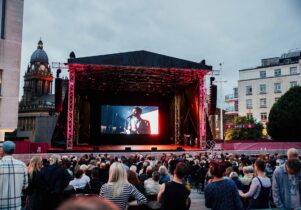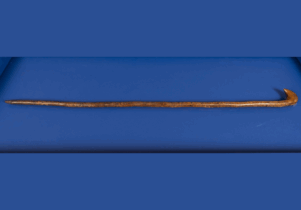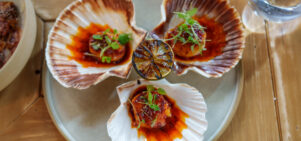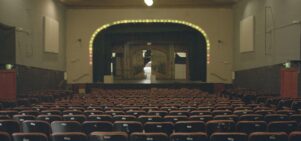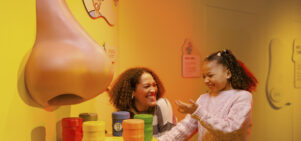Food: How Can I be a Good Citizen of the World? – part of Manchester Science Festival 2021
Creative TouristBook now
Food: How Can I be a Good Citizen Of the World?
Always double check opening hours with the venue before making a special visit.
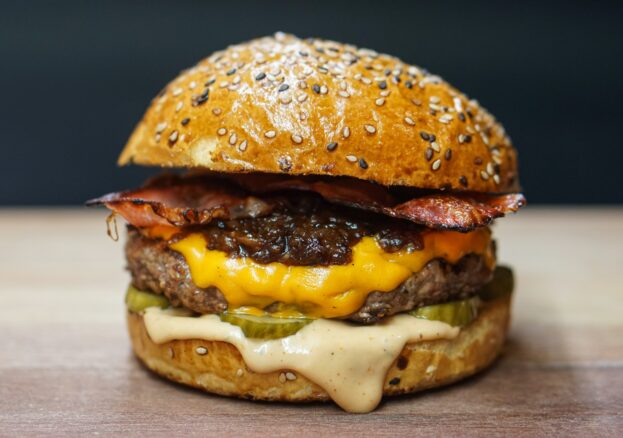
In the third and final “How Can I be a Good Citizen of the World?” online talk, physicist Helen Czerski chews over the ethical and climate costs of the food we buy. Join the 2020 Royal Institution Christmas Lecturer as she asks the question – if we are what we eat, who do we choose to be?
It’s time to shine a spotlight on the largely invisible supply chain networks – let’s talk about the ethical and environmental costs of the food we buy. Is our food really going from field to fork? Does it make sense to drag food halfway across the world?
We all need to eat, but – that slightly droopy parsley plant on your windowsill aside – almost none of us grow our own food. Instead, we rely on a huge and almost hidden network of growers and logistics experts who transport our dinner from all over the world. The plastic greenhouses in Spain, the giant dairy facilities, the vast cargo ships carrying bananas and the endlessly connected cold storage – all of these are essential but invisible.
It’s time to shine a spotlight on the largely invisible supply chain networks – let’s talk about the ethical and environmental costs of the food we buy. Is our food really going from field to fork? Does it make sense to drag food halfway across the world? Do we have more, or less food than we need? What do we really want to buy and eat? Do we know enough to decide what we actually want? It comes down to the sort of world we want to live in…
In the first “How Can I be a Good Citizen of the World?” talk, join Helen Czerski as she puts the future of transport and travel under the microscope. In the second, she looks at equality in the context of climate change.
Part of Manchester Science Festival 2021.
